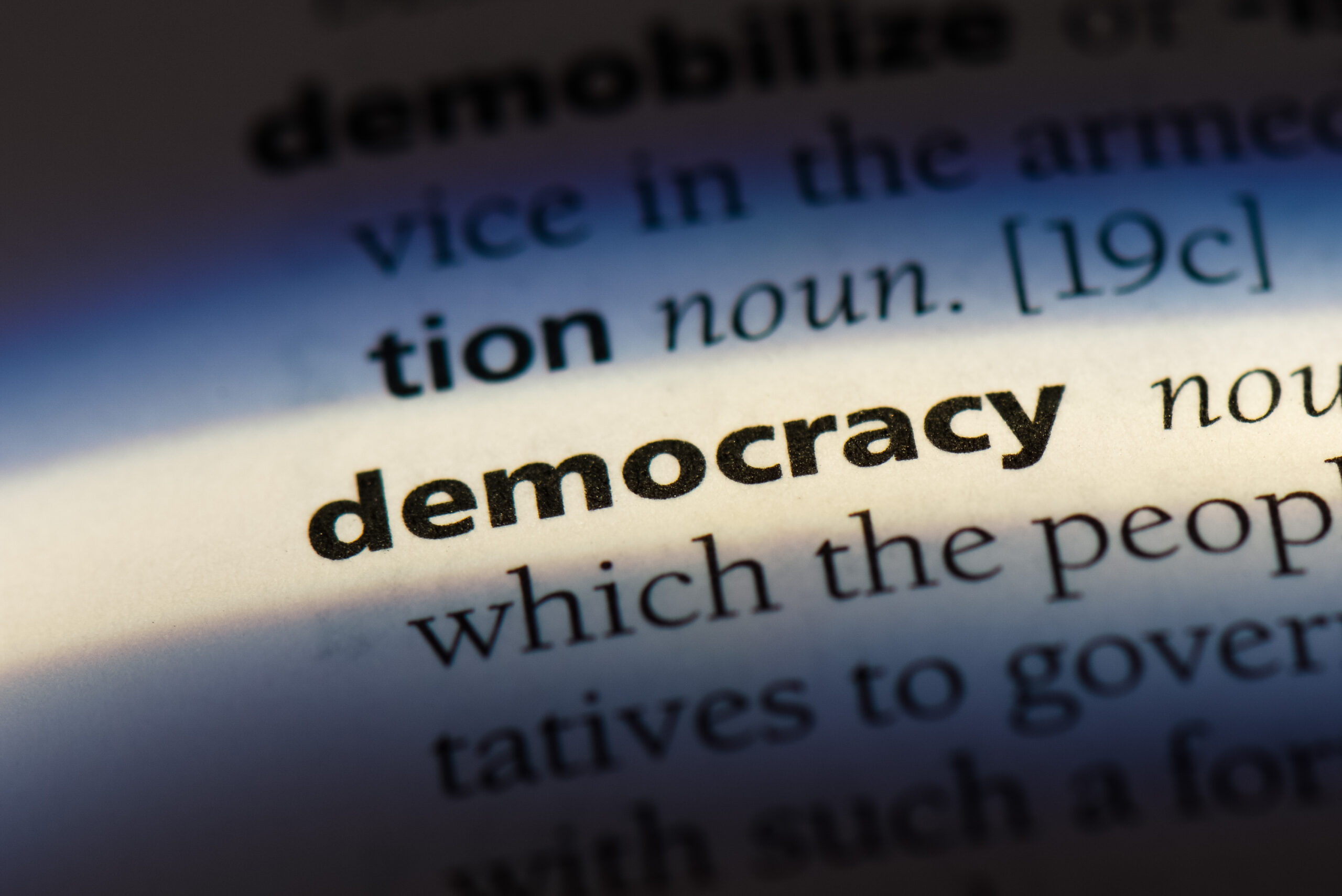The parliamentary election in Kazakhstan is scheduled to be held on March 19, 2023.

Photo credit: Shutterstock.
Parliamentary elections in a democratic society are a political and legal instrument for electing members of representative bodies of people’s power, through which people indirectly exercise their power as a community of equal citizens. From the political and legal perspective, they represent the foundation of liberal democracy in democratic societies and states where human rights and freedoms are constitutionally guaranteed. In contrast, the rule of law and ideals and values of modern democratic society are constitutionally regulated at the state level.

Mato Arlović.
The upcoming elections in Kazakhstan, as a universally recognized value for any democratic society and state, have additional democratic and constitutional legal significance, considering the conditions and circumstances. They are held after the amendment of the Constitution of Kazakhstan, which was put to a referendum. With the introduction of amendments to the Constitution, significant reforms have been implemented, forming the constitutional and legal framework and the constitutional basis for further democratic progress in Kazakhstan’s society and the state.
The voters of Kazakhstan in these elections, in addition to electing their representatives in single-seat constituencies, also vote for candidates from political parties and their political programs. This choice will determine how the constitutionally adopted reforms will be implemented in the future. The adoption by the members of the legislative body of the necessary decisions (laws and other legal acts within their jurisdiction), which, following the Constitution, will regulate and ensure the rights, duties, and responsibilities of all legally capable natural persons and entities, will make it possible actually to implement all the declared initiatives and significant tasks.
Considering these and other circumstances in which parliamentary elections are held in Kazakhstan, their compliance with the Constitution and the highest legally regulated democratic standards used by democratic states is of additional importance. It is also vital because organizing and holding the next elections in such a democratic way was one of the goals of the referendum held in the country.
It is reasonable to assume that the upcoming elections will be held in compliance with all constitutional and legal requirements and democratic norms. It will be one of the first steps towards implementing the constitutional amendments to the electoral legislation adopted at the referendum. The electoral law, the fundamentals of the electoral procedure, and the ensuring of electoral rights in Kazakhstan are enshrined in the Constitution and additional bylaws in accordance with the Constitution.
After analyzing the constitutional and legal provisions related to the legal regulation of electoral rights in Kazakhstan, the following conclusions were made.
First, as already mentioned, electoral rights and the electoral process, the ensuring of the electoral rights, as well as the commitments of the candidates following the law, are governed by legal norms having constitutional and legal force.
Secondly, each voter has statutory powers and rights (following the Constitution and the law), considering the universal right to vote and be elected. A legal framework has been created to ensure that every voter has the opportunity to vote and freely exercise their right to choose between the programs and goals proposed by the parties and candidates participating in the elections.
Third, basic principles have been developed and are regulated, which guarantee (if observed) the compliance of the elections with the Constitution and laws, as well as the highest values and standards of a democratic society. We are talking, of course, about the principles of universal, direct, equal suffrage by secret ballot, elevated to the level of a constitutional institution. An institution that includes subjects, rights, duties, responsibilities, and protection of the electoral right.
In other words, in Kazakhstan, it is constitutionally regulated:
– that all voters who, under the Constitution and the law, meet the conditions for obtaining the status of a voter and/or candidate can participate in elections without discrimination on any grounds;
– that the voter can freely decide between the proposed candidates and the programs presented to the voter. That means that voter’s choice and freedom of choice are ensured in practice, are supported by legislation, and are not formal attributes;
– that equal electoral rights are prescribed and protected by law, i.e., regardless of origin, social, official, and property status, gender, race, political position, etc.;
– that the secrecy of voting and the expression of the will of the voter are legally regulated and guaranteed, i.e., voter’s right to decide (and declare) their choice at the polling station freely and directly, giving their vote to the candidate and (or) the party list that they chose by their own free and secret choice, which excludes the possibility of any control or pressure;
– that, under the Constitution and the law, participants of the electoral process are guaranteed protection of electoral rights and resolution of possible electoral disputes both in competent administrative bodies and in courts, including, ultimately, protection in the Constitutional Court in Kazakhstan.
All of the aforementioned allows us to conclude that in Kazakhstan, the electoral legislation provides a practical constitutional and legal basis for competitive elections, i.e., both the possibility of choosing between different political parties and programs and the free choice of candidates in terms of the electoral system based on the concept of majority voting.
Based on the fundamental democratic values and principles prescribed in the Constitution and the law on elections, voters can elect their representatives to Parliament and local bodies in competitive elections and thereby provide Kazakhstan with a multiparty democratic system with a legitimately elected opposition. It creates political and legal prerequisites for implementing and controlling the system of separation of powers guaranteed by the Constitution, observance, and implementation of the rule of law, and ensuring the realization and protection of human rights and freedoms on a democratic basis.
The legal framework for the activities of the opposition is provided, and conditions are created under which the opposition can come to power as a result of free and legitimate elections if such is the will of the people expressed during the universal, secret, free, direct expression of will in elections held in fair and lawful conditions.
Proceeding from the above, we can rightfully say that the constitutional and legal structure of the electoral system in Kazakhstan provides a good and solid legal basis for the fact that the upcoming elections will be held under the Constitution and legislation on the principles of the highest democratic standards.
This does not mean that there will be no omissions or violations of the electoral rights of participants in the electoral process. They are possible and should not be innately excluded. However, all participants in the electoral process respect the rules of the electoral regulations established by law. In that case, it should be expected that they will not be able to jeopardize the very conduct of the elections, which could happen if any violation of the electoral law, which would eventually lead to electoral disputes, would not have been permitted by the competent administrative and judicial authorities (including the Constitutional Court of Kazakhstan) following the Constitution and the law.
I believe the elections on March 19, 2023, in Kazakhstan will be held legally, fairly, and transparently, following the highest democratic standards. Considering that its conduct is one of the necessary constitutional and legal prerequisites for the continuation of the implementation of reforms in Kazakhstan’s society, for which the people of Kazakhstan voted in the constitutional referendum, it should be expected that they will be held in an atmosphere of national unity and involvement of all participants. Therefore, these elections should celebrate democracy when every citizen makes their choice under guaranteed rights and legal acts provided for this purpose.
I wish all election participants (candidates for single-mandate constituencies and party lists) good results and the citizens of Kazakhstan a vote that will create conditions for an even better life in peace, freedom, security, and stability.
The author is a judge of the Constitutional Court of Croatia.

